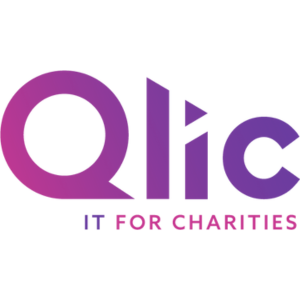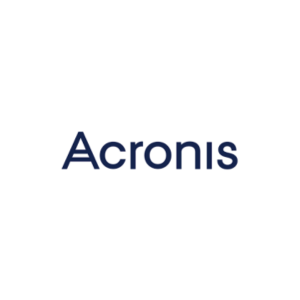Insights
INSIGHTS
All Topics
My Account
How one small charity used accounting technology to save the day
13 Sep 2021by Laura Stanley
We explore the benefits of automation and look at how one community church used it to their advantage
When we think about automation, we tend to think of the future. We forget how it can help us in the here and now by taking on those time-consuming tasks we so often complain about.
We long for a future where our energies are not wasted on tedious, yet important, tasks like data entry, but instead directed to where they are most needed.
The pandemic has hit charities particularly hard in this respect, with increasing demands on their time and limited resources with which to address them. Invoicing and data entry, necessary though they are, have not been a priority.
It can take as many as 15 individual steps to complete manual invoicing alone. But with automated data entry platforms, charities can simply email across documents or use a smartphone to take a photo and upload them to their system straight away, with no fuss and no random bits of paper flying around.
Automation is much more environmentally-friendly too. As we find ways to operate more sustainably, automation can help charities even as far as going fully paperless. When you realise that it takes five litres of water to make just one sheet of A4 paper, all those hard-copy invoices look a lot more unsettling.
Storing invoices digitally also saves time spent looking for lost documents and reduces the chances of mistakes getting through. More than two thirds of UK decision makers in finance and accounting admit to losing receipts, but, unlike humans, automation technology doesn’t sacrifice accuracy for speed.
Not only can users spend time performing more creative and meaningful tasks, but they also don’t have to worry that their files have gone pear-shaped.
Some forward-thinking charities are benefitting from automation already, including a community church in South Wales. Here’s how automation changed the way they work for the better.
How automation helped Towy during the pandemic
The Towy community church in Carmarthen is a jack of all trades. A church, a charity, a furniture shop, a food bank, and a bowling alley – it helps the people of Carmarthen in every way it can. It has even recently added a debt advice bureau to its roster of services.
Perhaps unsurprisingly, Towy church is the only church in the UK to run a bowling alley, but it makes sense. Community is at the heart of everything the church does, and when the council’s plans for a bowling alley fell through, and appropriate premises became available, naturally the church stepped in.
The Xcel bowling alley, housed in an old cheese factory leased to the church by the council, is now a hub for the town, bringing employment opportunities and fun in equal measure. Despite the challenges of the pandemic, the alley is now its eighth year and the church continues to go from strength to strength in serving the town, even moving its neighbouring food bank to bigger premises to help more people.
Automation is a small part of their journey in doing just that. In early 2020, accounts manager Nicky Harding started a trial of AutoEntry’s data entry platform. The country was in lockdown, and many of the church’s activities were suspended, save the food bank, but the finances still needed looking after.
Lockdown was as good a time as any to try automating the process, especially given the remote working situation. At the end of each month, the church’s accountant would no longer need to come to Harding if they needed the physical version of a document and could instead simply click on it to view there and then. Social distancing had never been easier.
Deciding to automate the process in the first place was not quite so easy. Harding admits she was sceptical at first about giving the computer power over her filing, but says she is amazed still at how much time it has saved.
“Of a normal month, I would enter around 70 to 100 invoices. If each one took three or four minutes to enter manually, I worked out that I saved a day or more through the month, by being able to email an invoice when it came straight in. I checked everything was in order, sent it, and then it was done.”
It’s trustworthy, too. “It’s probably more accurate than me putting in 20 to 25 invoices at a time,” Harding adds. “It’s easy to get brain fog and a computer doesn’t do that.”
As pandemic restrictions lift and the church returns to its normal ways of working, automation is allowing Harding to build her role back up slowly and turn her attention to other parts of the project as well as the accounting side.
Purchasing the AutoEntry software through TechSoup gave the church a half-price discount, and Harding is clear that it easily saves her that more than that in time every month.
As Towy church can attest, automation has many benefits for charities looking to channel their resources into their cause more effectively. It can save time, money, and the environment, to boot.
Find out more
Discover more about the benefits of automation for charities with AutoEntry
Laura Stanley
More on this topic
07 Mar 2025by Laura Stanley
An introvert’s guide to networking
27 Feb 2025by Laura Stanley
Charity Spotlight: Dr Anton Mari Lim, President, Yellow Boat of Hope Foundation
Recommended Products
Our Events
Charity Digital Academy
Our courses aim, in just three hours, to enhance soft skills and hard skills, boost your knowledge of finance and artificial intelligence, and supercharge your digital capabilities. Check out some of the incredible options by clicking here.















